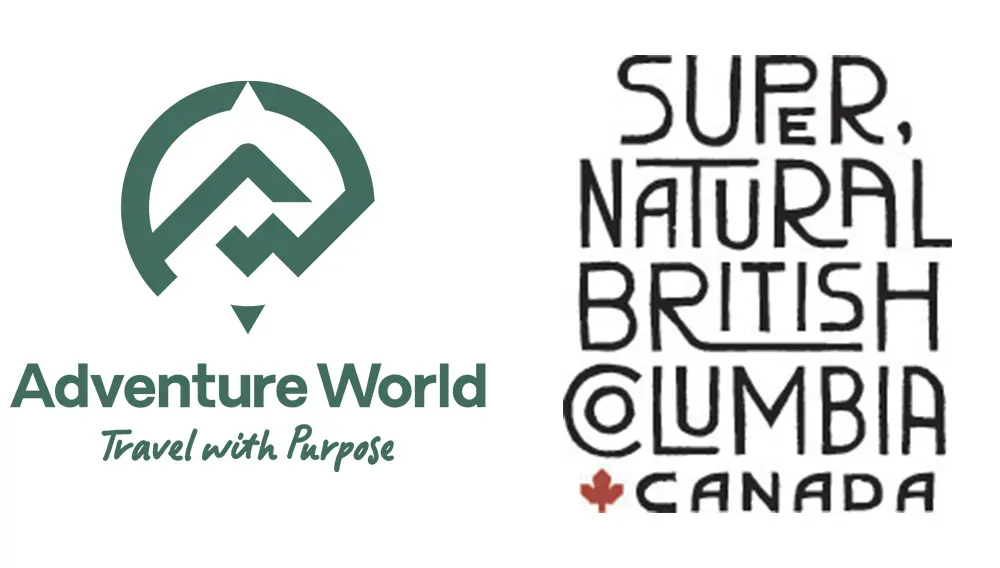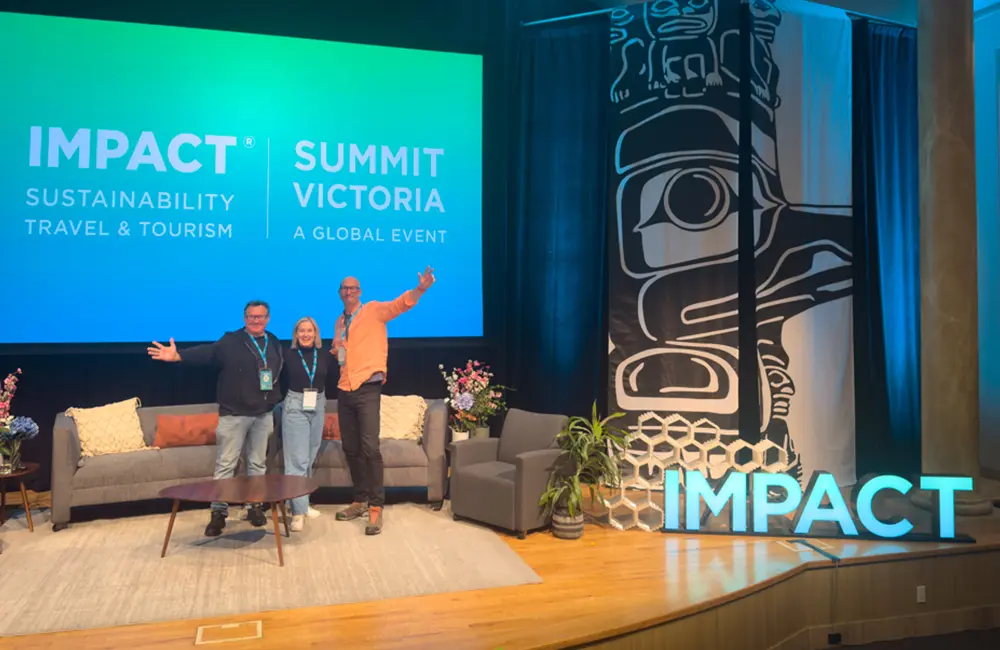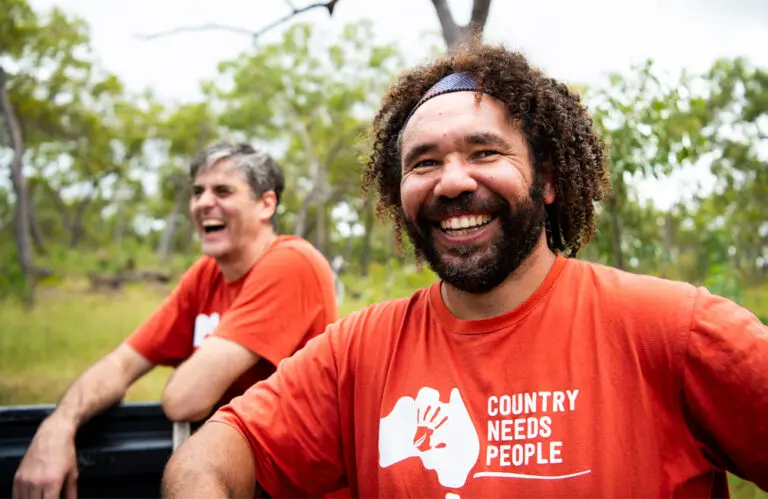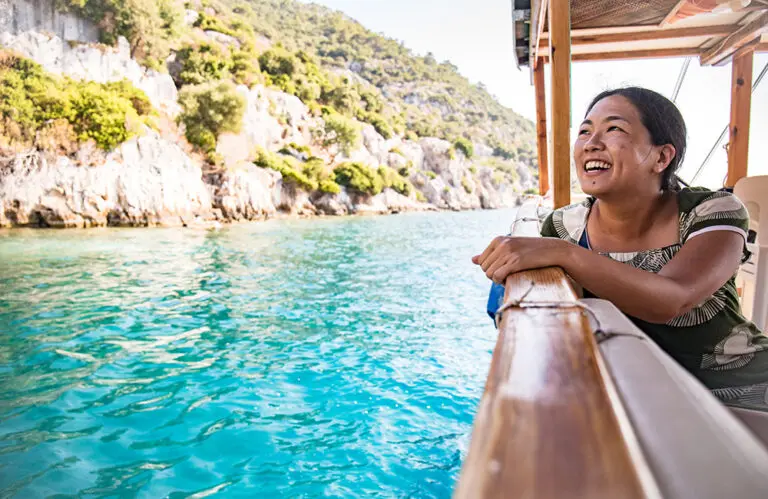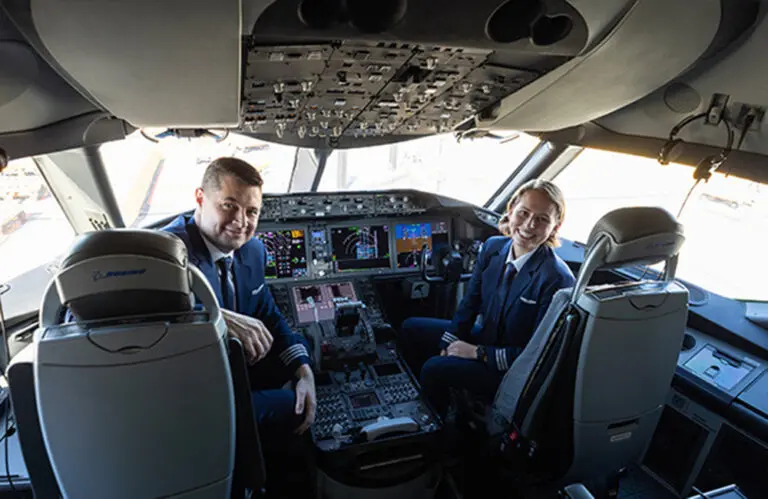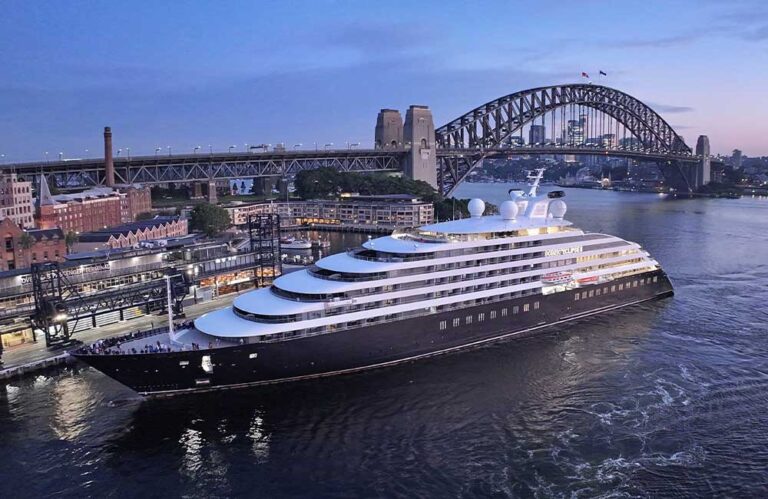In partnership with Karryon, Air Canada, and Destination British Columbia, Adventure World’s first-ever Travel with Purpose Ambassador famil has concluded, gifting us with tips and experiences to share on how to make travel matter.
Travel advisor and keen wildlife photographer James Cracknell from Windsong Travel in Bellingen, NSW, was our Travel with Purpose competition winner for this IMPACT-ful journey. The prize included return Signature class flights with Air Canada and attendance at the three-day IMPACT Sustainable Travel Summit in Victoria, followed by five days of adventure and cultural immersion in Whistler, Squamish, and Vancouver.
Accompanying James on this trip of a lifetime were Liz Glover, Head of Marketing for Adventure World, and yours truly. Together, we experienced first-hand British Columbia’s pioneering commitment to sustainable, regenerative and indigenous-led tourism.
Victoria: A blend of timeless culture, innovation and nature
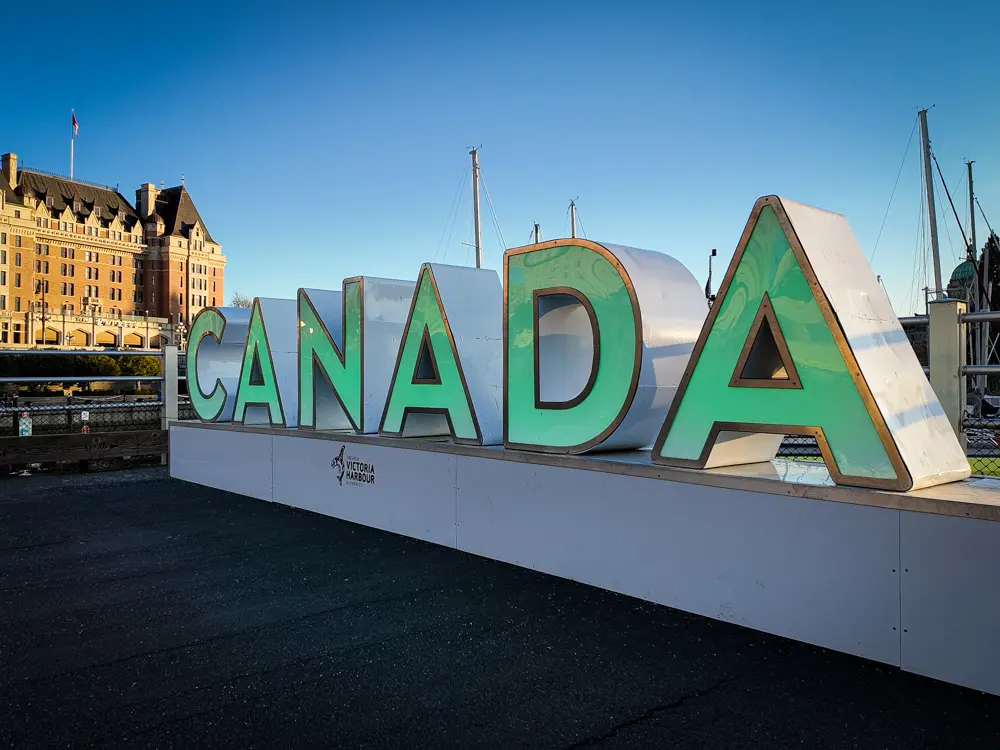
Our journey began with a seamless direct flight from Australia to Vancouver (YVR) on Air Canada, followed by a short, scenic 12-minute connection to Victoria on Vancouver Island. This land is the traditional territory of the Lekwungen-speaking peoples, known today as the Songhees and Esquimalt Nations.
Nothing clears jet lag like stepping straight into British Columbia’s wild, rejuvenating landscapes. Just 20 minutes from Victoria, we wandered through ancient, moss-covered rainforests, traced salmon runs along normally flowing rivers, and stood in awe before icy waterfalls, inhaling the crisp, cedar-scented air.
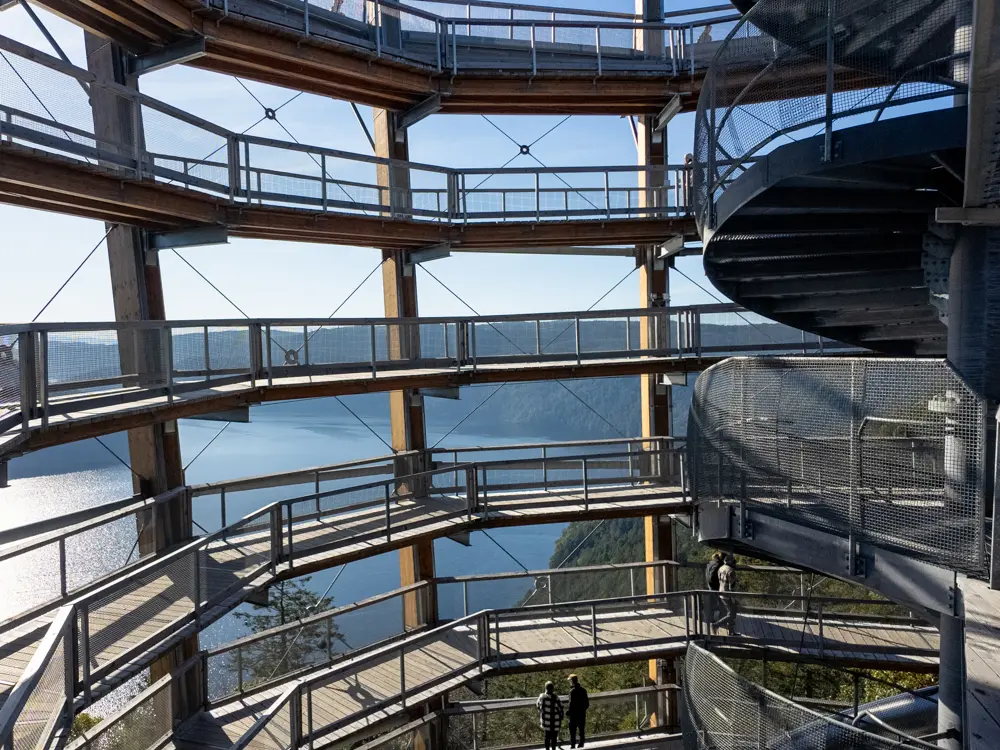
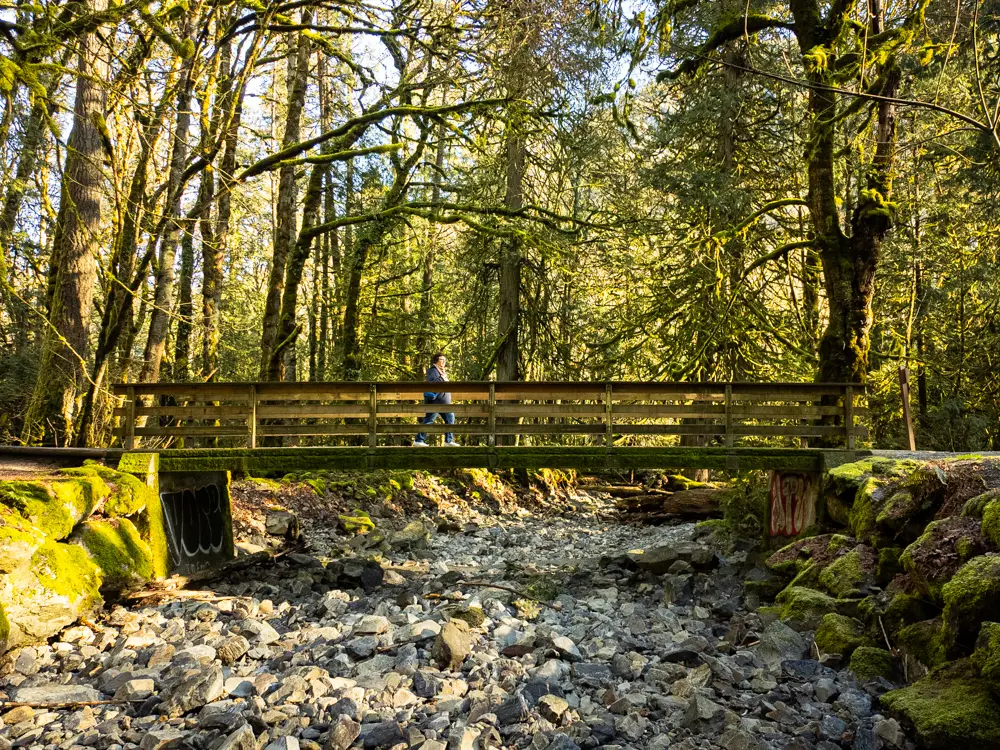
To end our first day, we ascended the Malahat SkyWalk to take in sweeping views of the Salish Sea and the distant Olympic Mountain Range—a perfect welcome to Canada’s natural grandeur.
For our stay, we checked into the historic Fairmont Empress, an iconic 117-year-old landmark affectionately known as the ‘Grand Dame of Victoria.’ Today, the Empress is celebrated for its green credentials and eco-luxury leadership, with stunning views of the Inner Harbour.
IMPACT 2025: Pioneering Sustainable and Regenerative Tourism
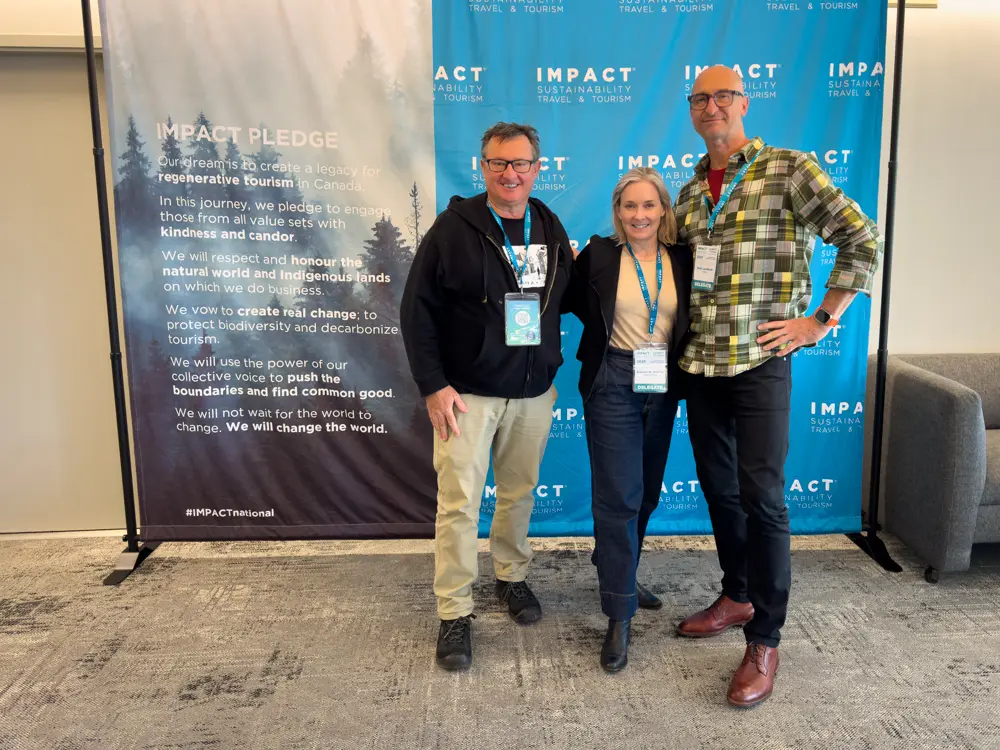
The annual IMPACT Sustainable Travel & Tourism Summit in Victoria unites over 350 passionate tourism professionals from across Canada and beyond. Over three days, the event fosters meaningful discussions on responsible tourism, biodiversity conservation, and decarbonisation, aiming to create a legacy for regenerative tourism in Canada.
Celebrating its 8th year, the Summit kicked off with a Day of Impact—a chance for attendees to connect with the destination and each other before diving into conference sessions. For us Aussies, this was a brilliant way to meet new people and immerse ourselves in the local environment before the main event began.
On a cold but sunny morning, we set out on a whale-watching tour with Eagle Wing Tours, venturing into the Salish Sea. While no whales made an appearance, we were enthralled by bald eagles, sea lions, and otters. The real highlight? Hearing Songhees First Nation Elder Cecilia Thomas share stories of Indigenous heritage and deep cultural ties to the land and waters.
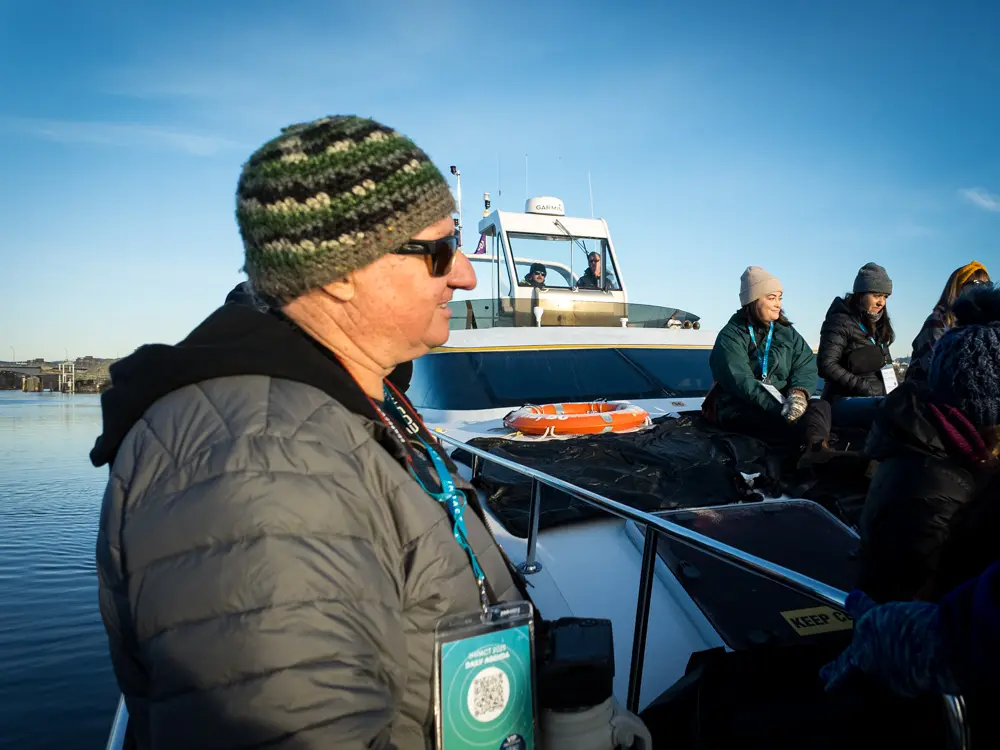
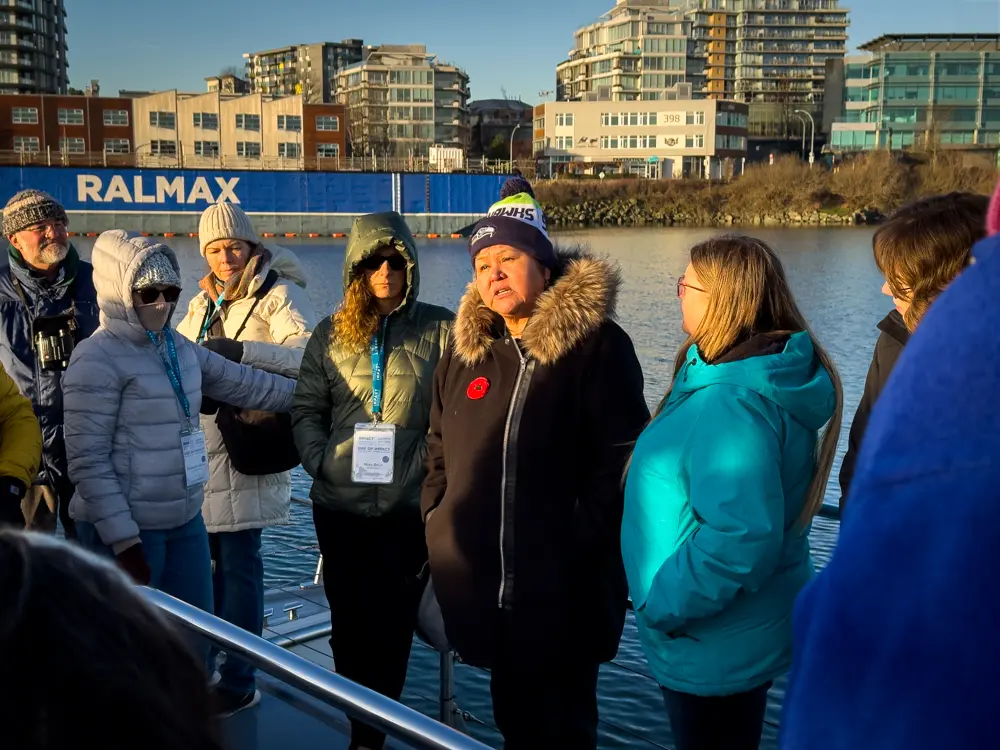
Later, we visited FED Urban Agriculture and heard from the founder of Big Wheel Burger, Canada’s first carbon-neutral fast-food restaurant, on how food systems play a role in responsible tourism.
When the conference officially began, speakers tackled the big issues shaping the future of travel and tourism. It was inspiring and welcoming, and it was undoubtedly one of the best conferences I’ve ever attended.
The key takeaways? Here’s my top 5:
- Stop selling ‘Sustainable Tourism’—just call it tourism. The best tourism is inherently sustainable and responsible. Change the mindset so that low-impact travel, cultural respect, and environmental conservation are seen as standard, not “eco” add-ons.
- Let’s shift from sustainable to regenerative tourism: Tourism must change from being solely “sustainable” to regenerative, focusing on repairing and enhancing communities and ecosystems. Given that Indigenous tourism is inherently regenerative, blending cultural preservation with environmental healing is key to a positive pathway forward.
- Travel agents as advocates: As Victoria Mayor Marianne Alto reminded us: “You’re not just people who make travel—you’re people who change lives.” Travellers trust your advice, so promote businesses, airlines, and hotels that are committed to reducing carbon emissions, supporting local economies, and preserving culture.
- It’s time to collaborate for impact. Sustainability isn’t a competitive advantage—it’s a shared responsibility. Work with other agents, suppliers, and tourism boards to share knowledge and resources on responsible travel options.
- Be honest, be hopeful, and be part of the change: Travellers are tired of fear-based climate messaging—but they still care. What if we change the narrative to solutions, incremental gains, and the power of travel to create a better world? Lead by example. If your agency commits to more responsible tourism choices, your clients will follow.
As Australian travel professionals, we all have the power to shape the future of tourism—not just by what we sell but by how we educate, inspire, and empower travellers. IMPACT 2025 showed that the travel industry must transform, and that transformation starts with us.
Whistler: There is so much more to discover than just skiing
Fresh from the Summit, we took a scenic Harbour Air seaplane to Vancouver before driving the iconic Sea-to-Sky Highway to Whistler. Best known for its world-class ski terrain, Whistler also offers year-round adventure and cultural experiences you may not have heard so much about.
Curious and excited to find out more, we began our stay with a snow-covered nocturnal forest walk at Vallea Lumina, where illuminated trails magically tell the indigenous story of “A hidden valley where stardust falls from the sky, filling all living things with its pure light”.
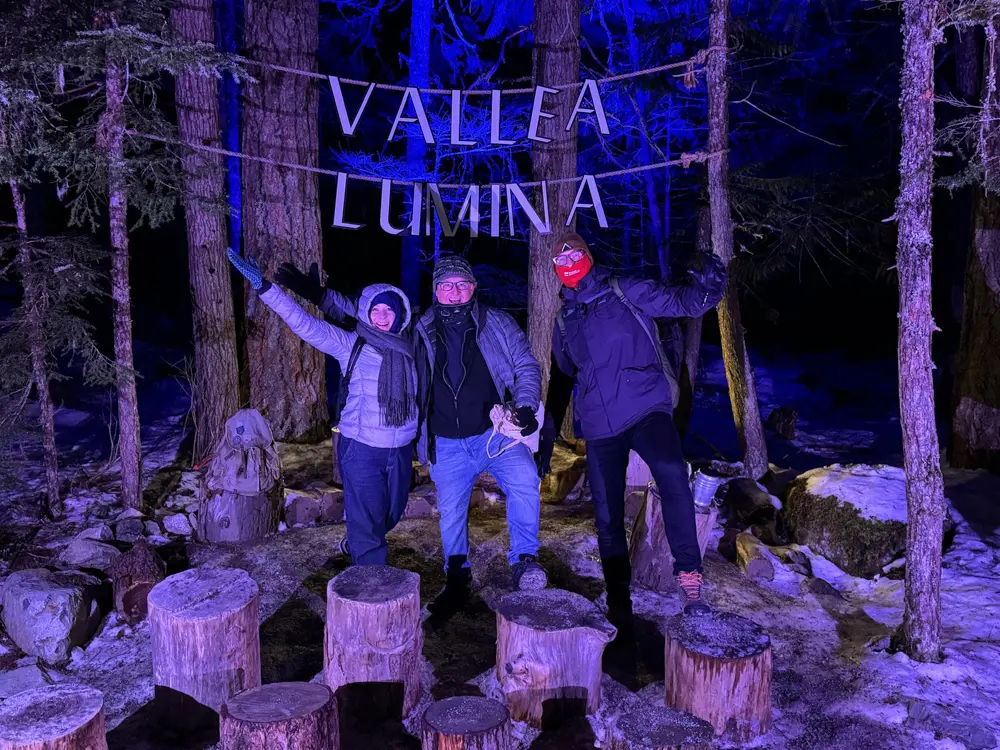
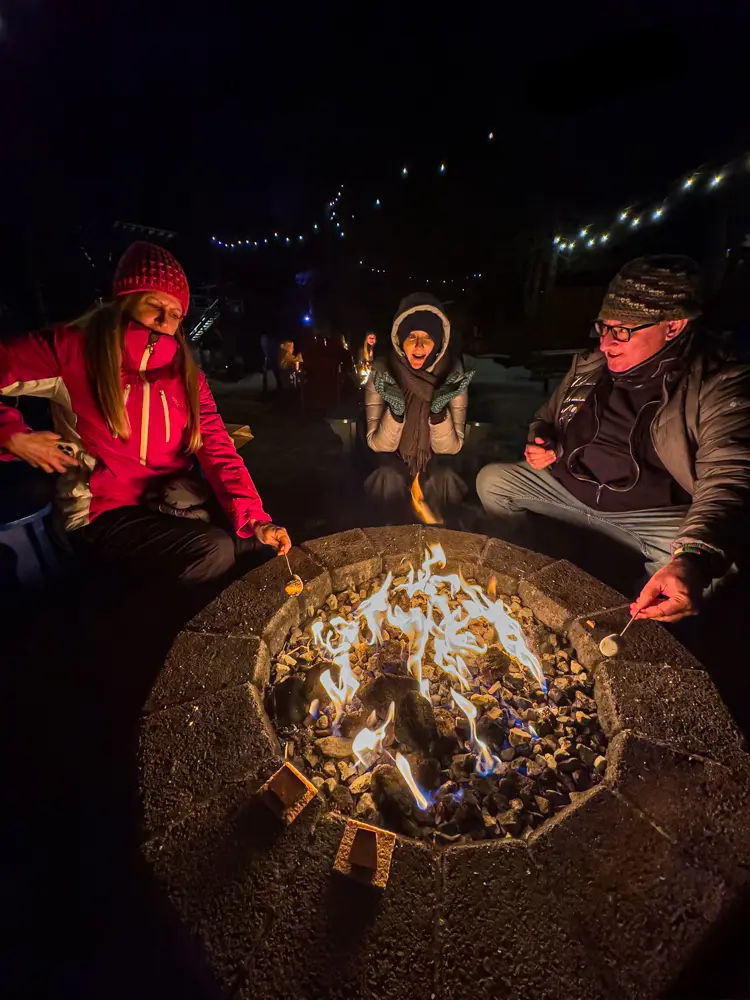
The following day, we snowshoed along First Nations medicine trails, learning about traditional plant uses and hemlock, fir, and cedar trees, some of which have stood in this forest for upwards of 1000 years, before spending the afternoon flying like eagles (and screaming at times) at speed high above the same snow-covered valleys and treetops, zip-lining with Ziptrek Ecotours.
A visit to the Audain Art Museum showcased a visual journey through the diverse history of art from coastal British Columbia. At the same time, the captivating Squamish Lil’wat Cultural Centre in Whistler gave us an immersive introduction to the two First Nations communities that lived in the Whistler area.; The Sḵwx̱wú7mesh and the Lil̓wat7úl.
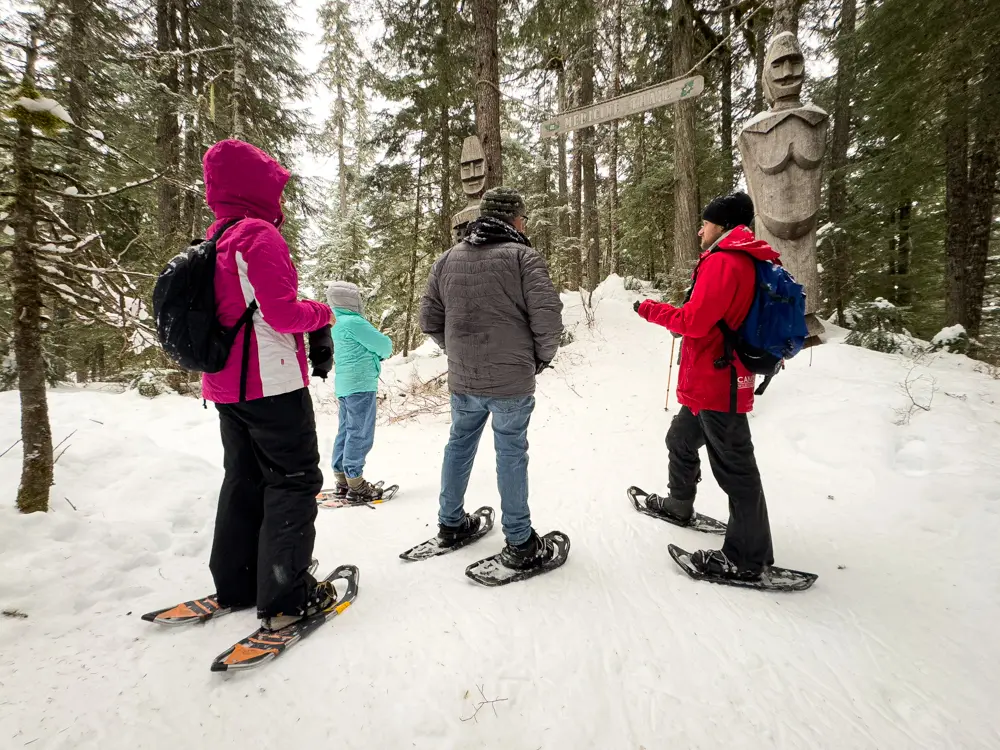
For the finalé of our extraordinary Whistler experience, we boarded a snowcat for a nighttime Blackcomb mountaintop ascent to rustic Crystal Hut, where we enjoyed a fondue feast under falling snow. With the twinkling lights of Whistler Village below us, it was a fittingly magical end to our alpine adventure.
Old Squamish, New Squamish = Regenerative adventures
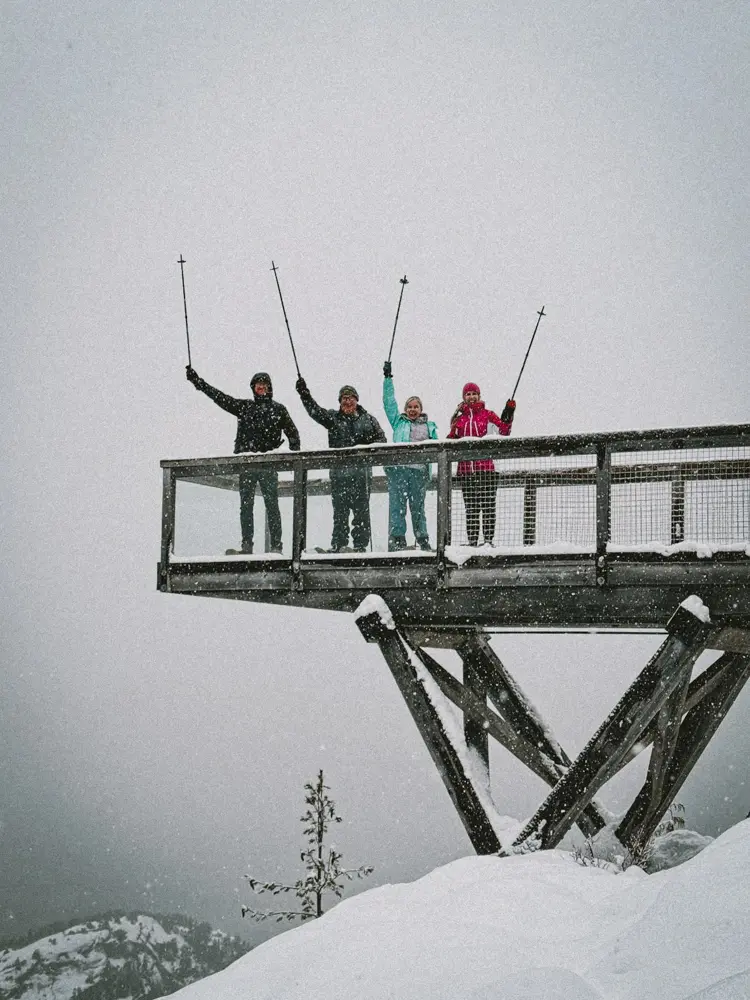
The following day, we woke to a snow-blanketed Whistler before setting off (slowly!) for Squamish. Despite being conveniently halfway between Vancouver and Whistler (around 45 minutes each way), Squamish is no longer just a highway stopover—it’s a destination where nature, adventure, and sustainability blend.
Squamish is an English adaptation of the Indigenous word, Sḵwx̱wú7mesh. Loosely translated, it means “Mother of the Wind” and “people of the sacred water”. The Squamish Nation has lived and thrived here for many thousands of years, forging a resilient culture and powerful connection to the lands and waters.
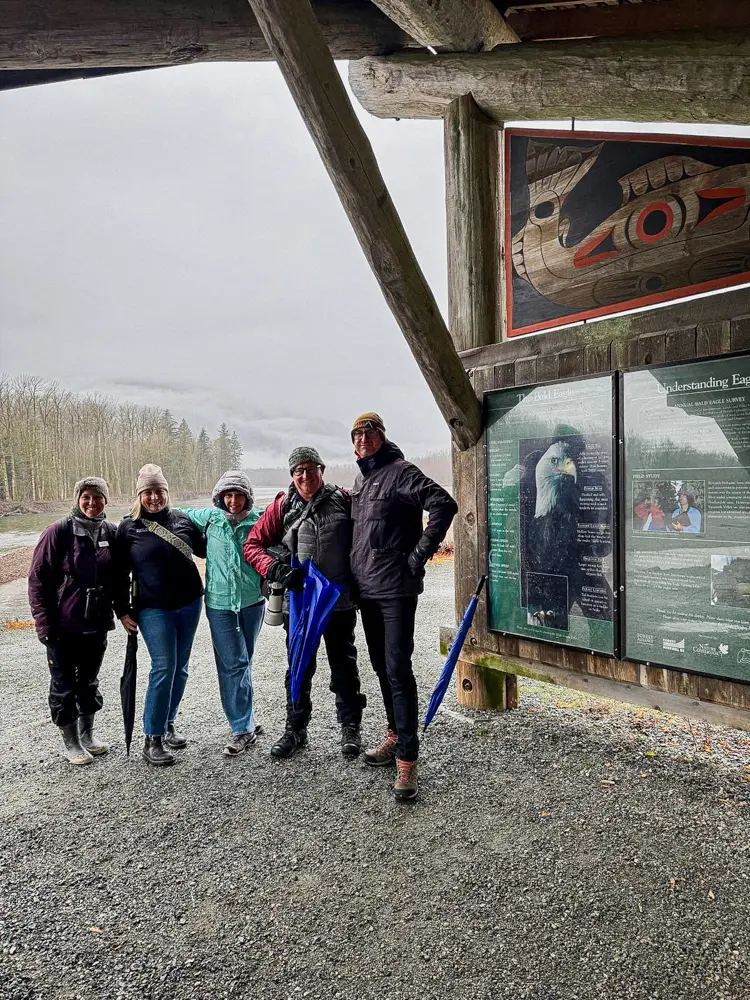
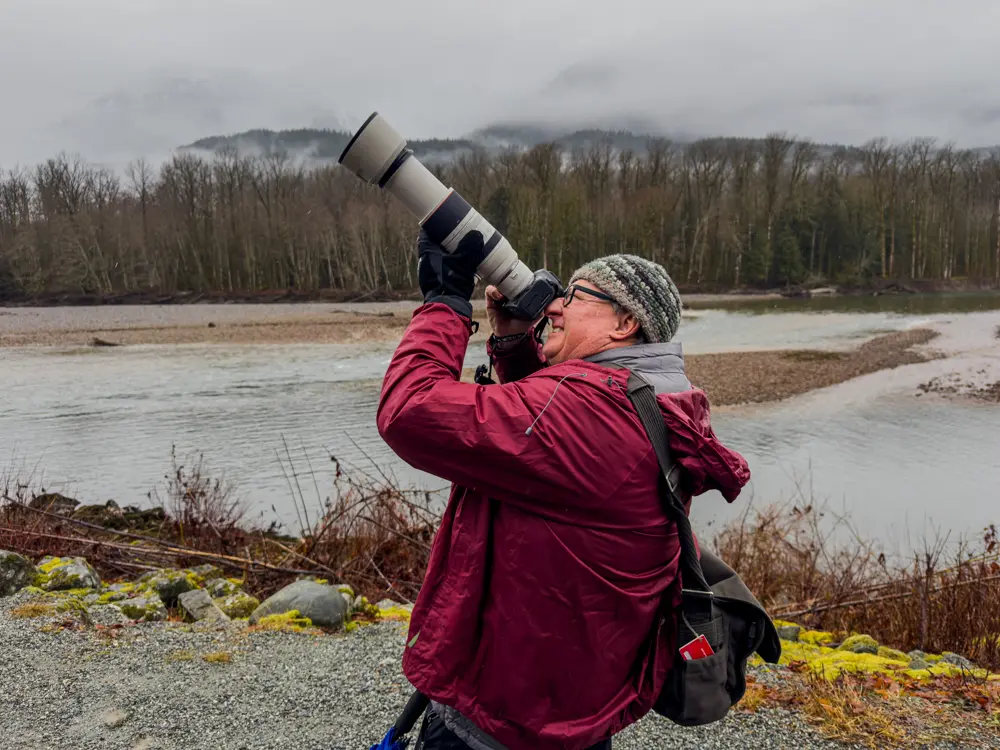
Known for its colonial origins in logging, mining and farming, in more recent times, Squamish has evolved into a year-round outdoor adventure hub and a leader in regenerative tourism. Famed for its world-class climbing and vast backcountry trail networks, it’s also the bald eagle capital of the world. At Brackendale Eagles Provincial Park, thousands of eagles migrate here each winter, and we were lucky to spot a few gathered along the Squamish Estuary.
Running alongside the 710-meter-high granite monolith, Stawamus Chief, the Sea to Sky Gondola has become Squamish’s latest icon, offering breathtaking alpine views, Indigenous-led experiences, and year-round access to outdoor adventures. As a UN-designated Biosphere Reserve, it operates on renewable energy, supports Indigenous park rangers, and follows a seven-generation sustainability plan.
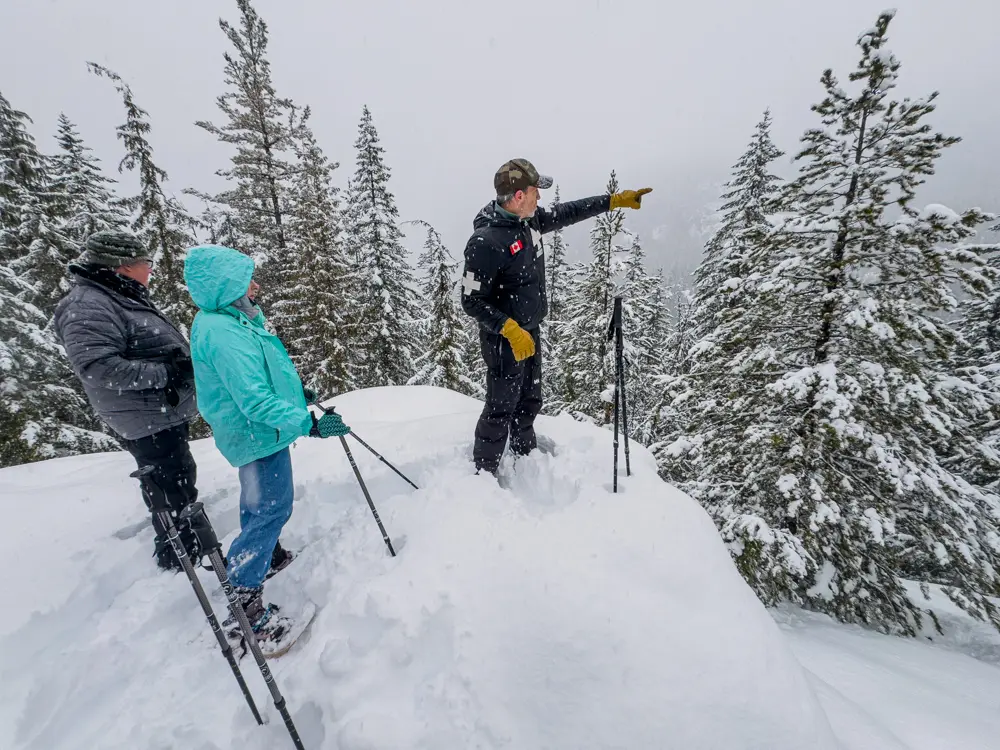
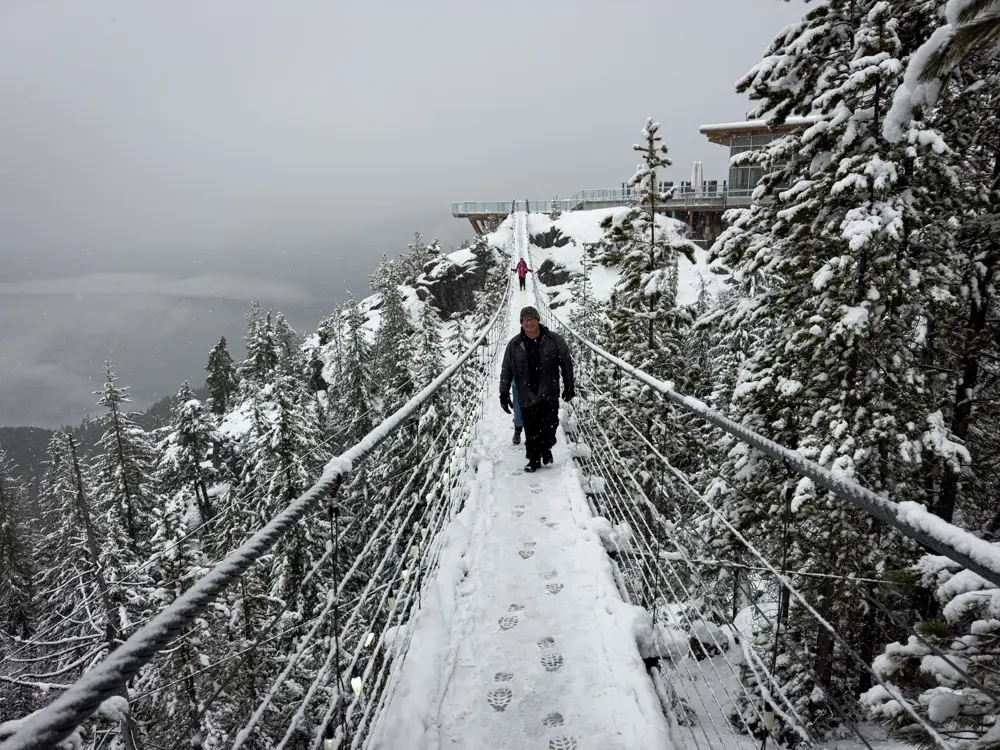
The region gets some of the deepest snow in North America, and luckily for us, our time there was no exception. We lucked in with a snowshoe tour on one of the trails, which is meant to be experienced, with quiet solitude, crisp mountain air, and a snow-laden forest. Or “Get ready for Narnia,” as our guide told us. He wasn’t wrong.
Squamish is a hidden gem. Beyond adventure, craft breweries, gin distilleries, and many women-led businesses are shaping Squamish’s evolving identity. Wellness retreats, such as Plunge Cold Plunge Therapy, Forest bathing, and cold plunge therapy, and initiatives like Dine Wilder highlight the town’s commitment to holistic, mindful tourism.
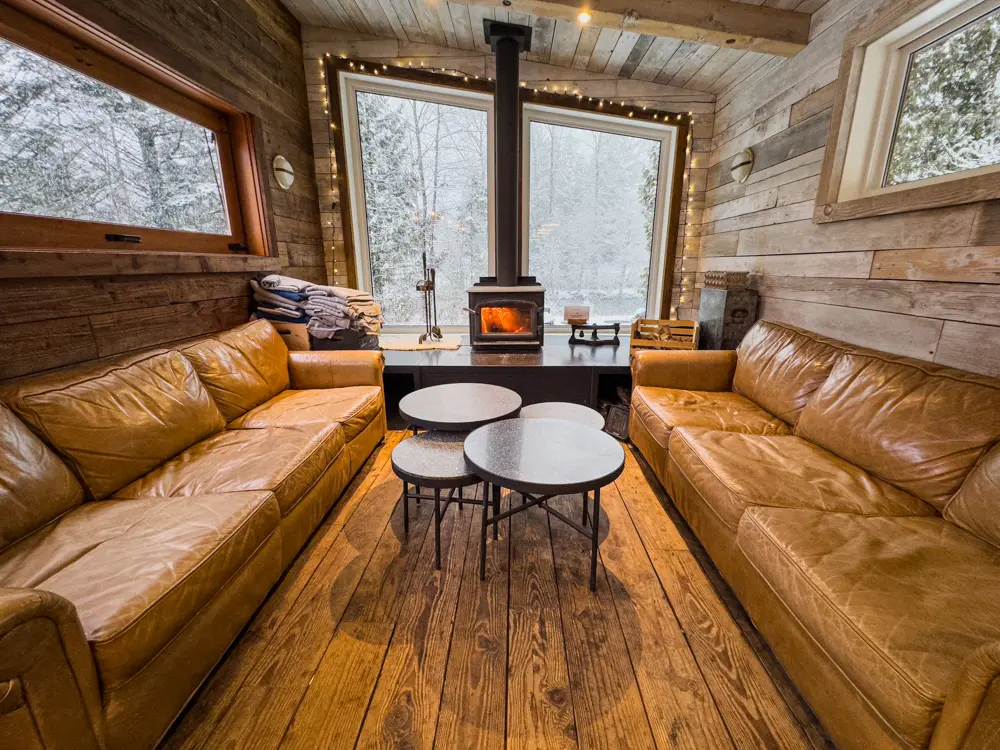
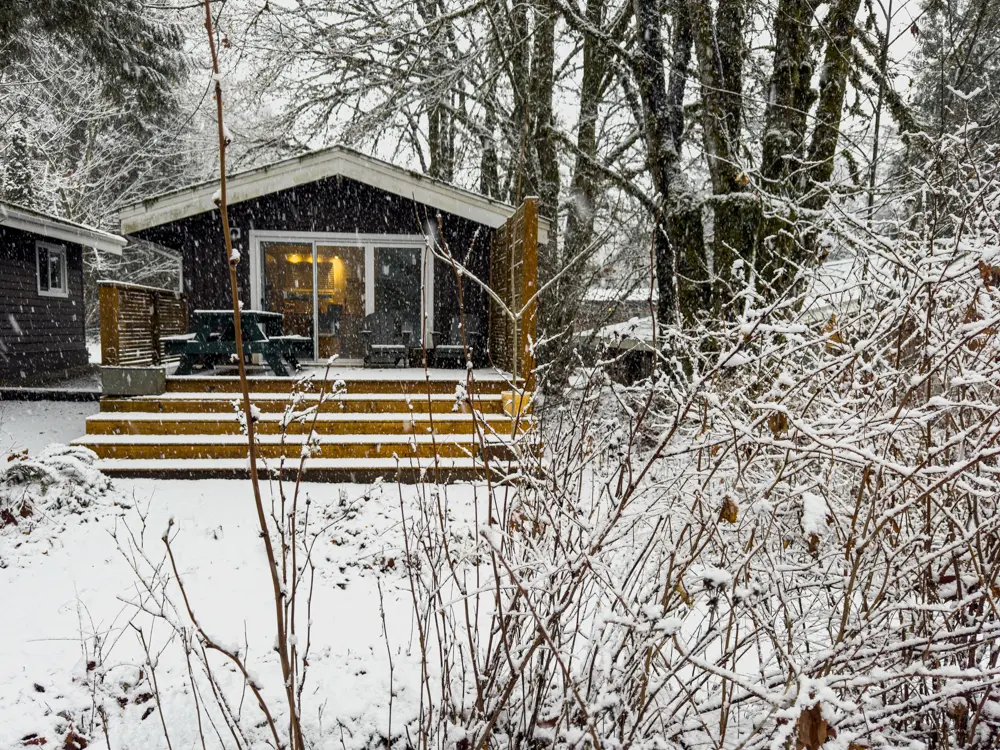
We stayed at Sunwolf Riverside Resort, a serene, WiFi-free retreat with 13 cozy contemporary cabins by the river. The resort also hosts Fergie’s Café, an award-winning restaurant known for its legendary brunch and beautiful forest setting. We had breakfast there, and it was outstanding.
Vancouver: Urban and Natural Harmony
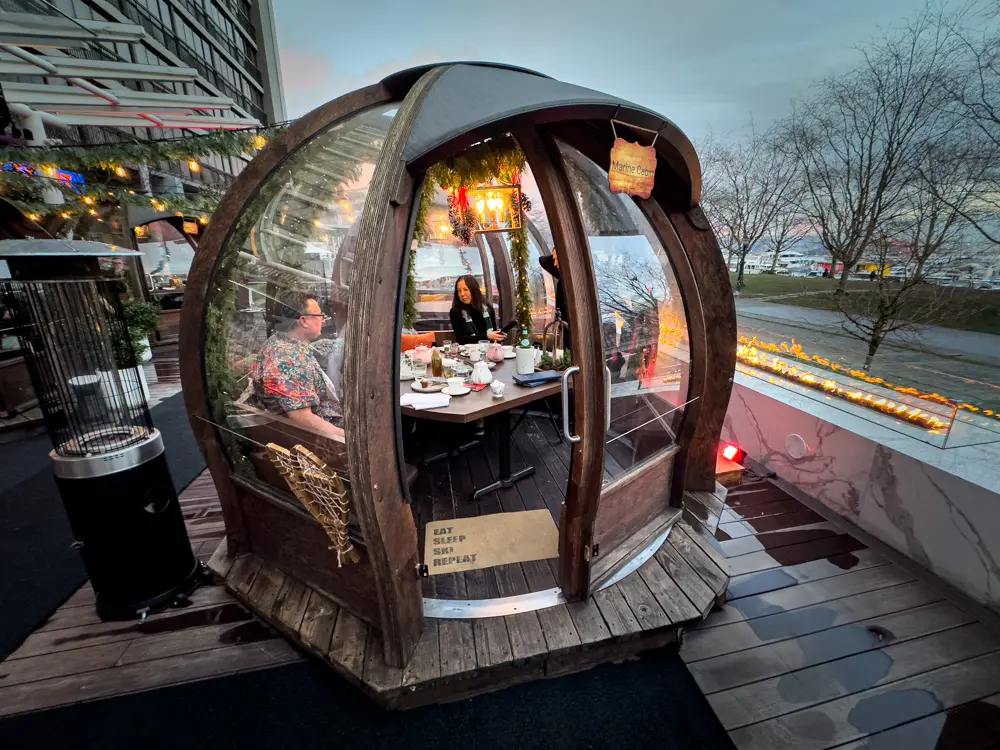
Finally, it was time to drive back down the panoramic Sea to Sky Highway to Vancouver, where our journey had begun. There, we spent a rain-soaked Saturday morning touring Stanley Park’s Seawall, taking in the coastal views and towering cedars (I even hugged one), before heading to Granville Island Market—a buzzing haven for local artisans, fresh produce, and home-spun culinary delights.
Our stay at The Westin Bayshore highlighted the hotel’s commitment to wellbeing and sustainability. From on-site beehives that support urban pollination to hydroponic gardens and a worm farm for organic waste reduction, every detail reflected a dedication to responsible hospitality.
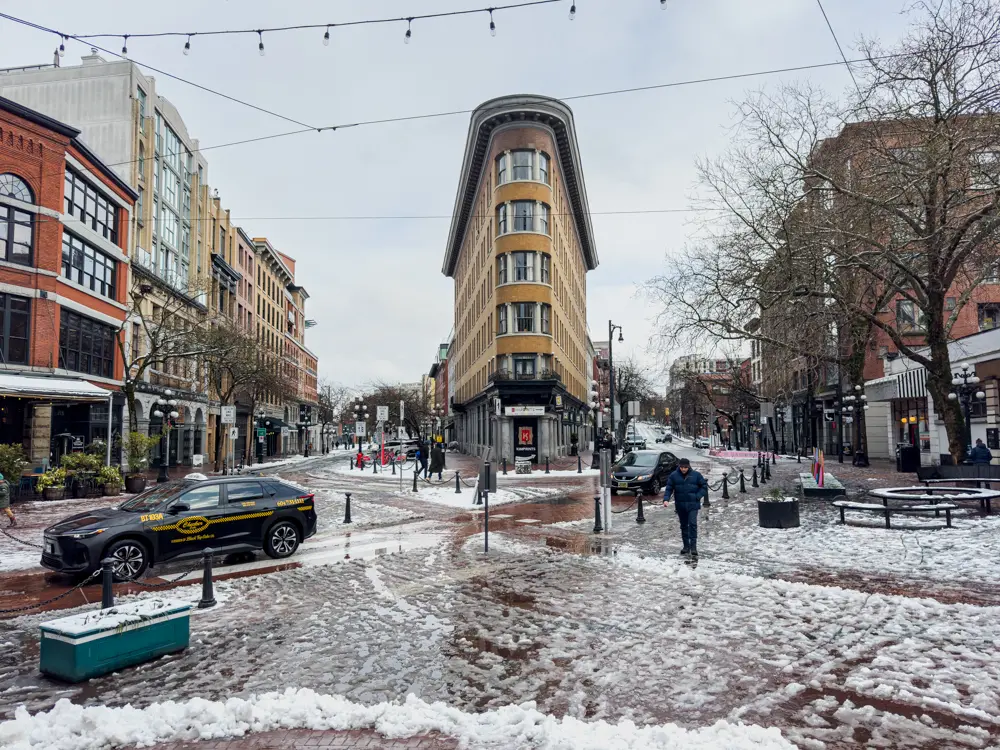
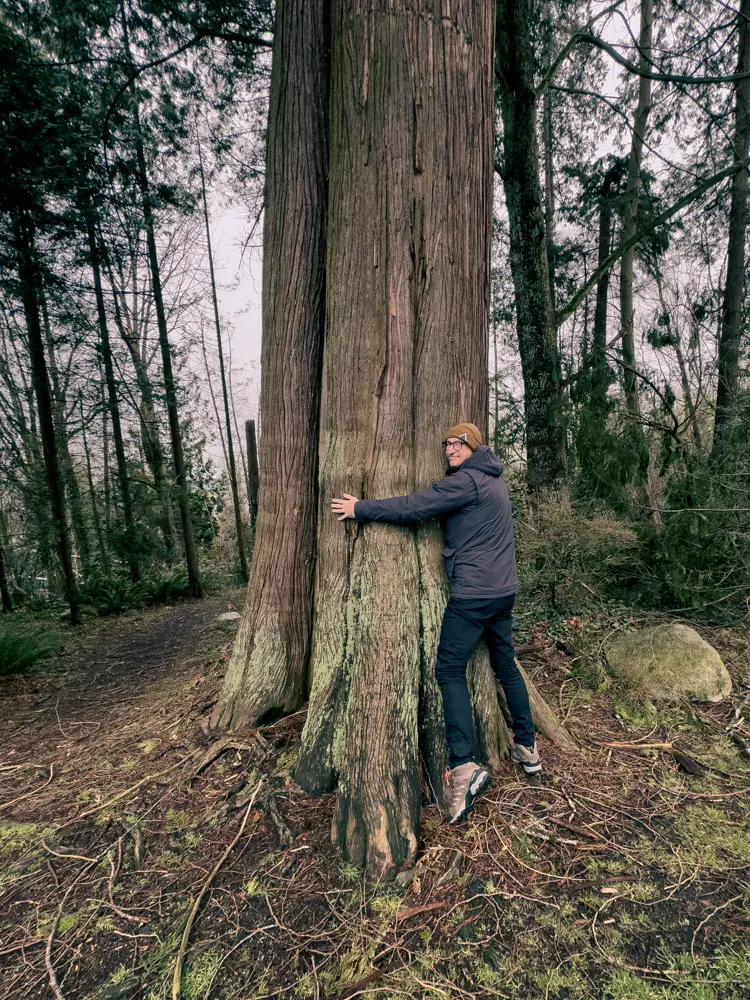
On our last day before leaving for Australia that night, we joined Vancouver Foodie Tours Gastronomic Gastown Tour for a deep dive into Vancouver’s authentic food scene with uber-passionate guide Preetha. Stops included Petricor Social for truffle fries and French onion soup, Monarca for seafood tostadas and margaritas, and Kozak, a Ukrainian eatery where we chowed down on Borsch, housemade pierogies and honey cake.
Trip takeaways and reflections
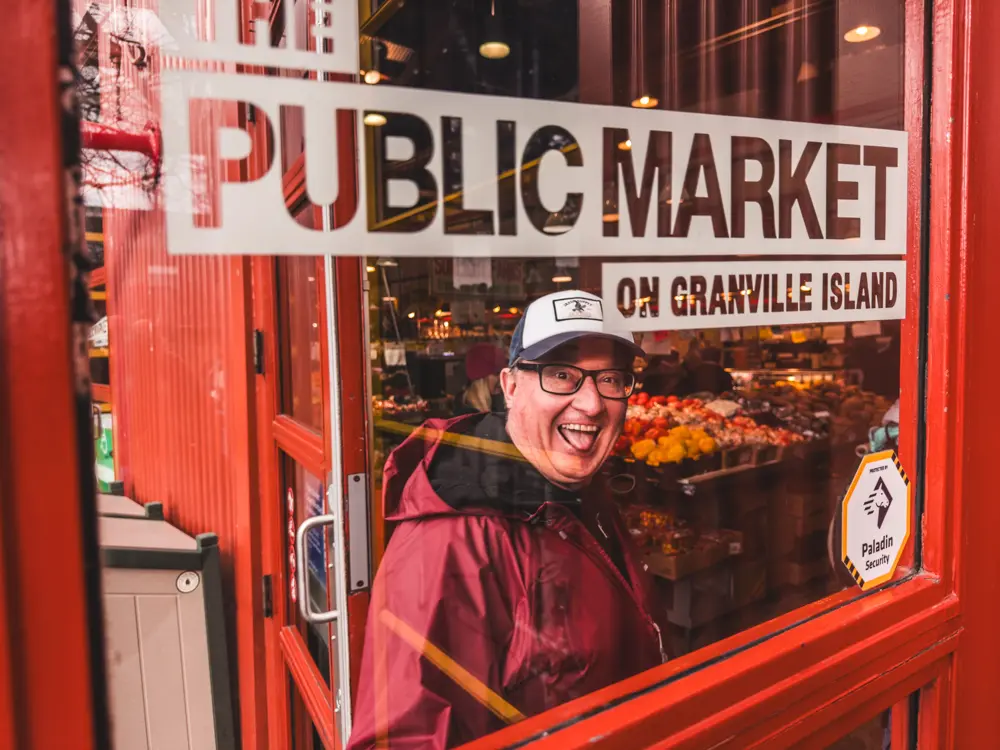
Reflecting on the trip, James Cracknell said, “This trip has provided me with a pathway forward and numerous ideas on creating more sustainable business practices and client experiences. While I’ve been incorporating green travel for years, I now recognise the importance of sharing our initiatives with my clients and the community.”
“One of my biggest personal takeaways was realising how important it is to connect with like-minded people in the industry. Too often, I attend conferences focused solely on profit. This experience was different—it was about the bigger picture, about the impact we can have collectively,” he said.
Meanwhile, Liz Glover shared, “It’s really hard to articulate what travel does to your heart. You can talk about hotels, amenities, and experiences, but it’s difficult to put into words the emotional transformation that happens when you travel. That’s why these meaningful experiences matter so much.”
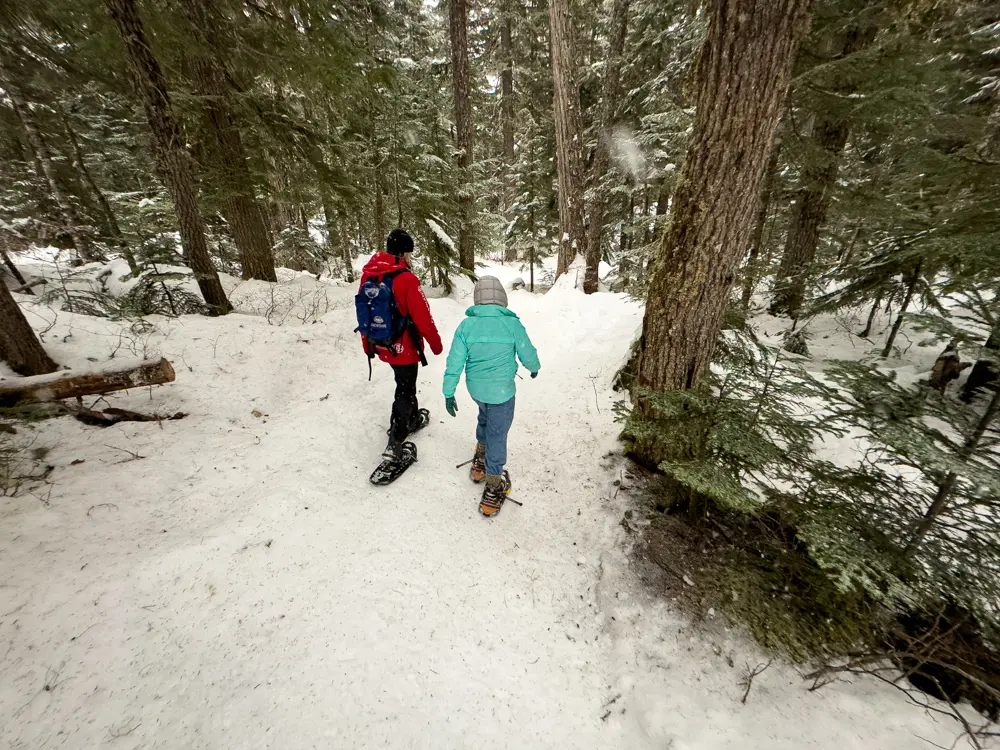
“I felt incredibly inspired by the people we met. There is so much being done at the grassroots level. The challenge is making sure those stories are heard over the bigger, more negative headlines.”
This trip reignited my hope and revealed what is genuinely possible and where we can all make a difference as an industry. Travelling for good doesn’t need to be overthought or complicated—it’s about travelling with curiosity, respect, kindness and making conscious choices along the way. Surely that’s not too much to ask?
Making Travel Matter
Adventure World promotes ‘Travel with Purpose’ to leave a positive impact on people, the planet, and wildlife through its tailor-made trips. It’s about providing authentic travel opportunities that benefit destinations and communities and encouraging others to be responsible travellers, too.
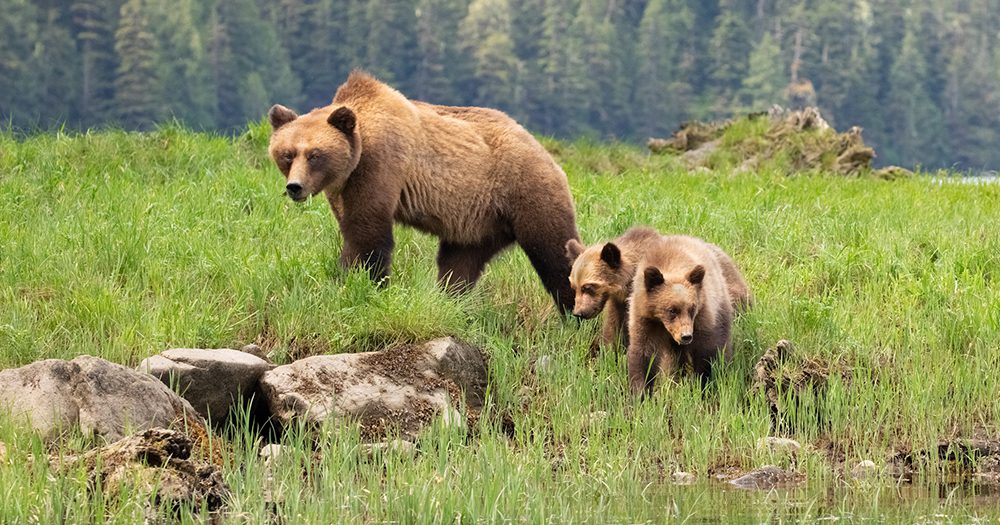
As part of The Travel Corporation (TTC), Adventure World offers MAKE TRAVEL MATTER® Experiences that travellers can add to their trips to support local businesses and enterprises in their destination.
In British Columbia, MAKE TRAVEL MATTER® Experiences include a First Nations-led Grizzly Bears of the Wild tour on Vancouver Island and the Homalco Wildlife & Culture Tours’ People, Water, Land – an Indigenous village and whale-watching experience.
Find out more at adventureworld.com
Start your own Super Natural British Columbia adventure at HelloBC.com
This article is brought to you by:
